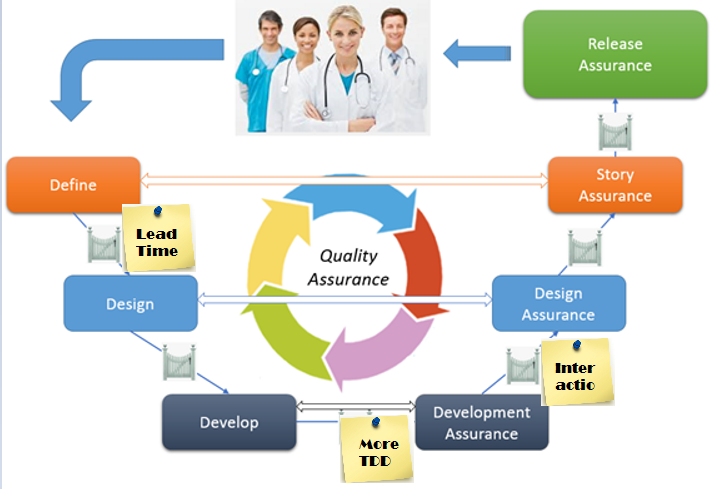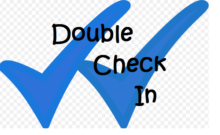Without reflection there can be no learning. Reflection is the time when we look at what we have done, including actions and behaviors, and evaluate what worked or did not work for a situation. This could be as individuals, a team, or as an organization. Not only do they help guide our choices for the future by looking at the past, but quite often they strength the common bond we have with each other.
Over the years I have come to believe that the most powerful thing you can do is dedicate time to reflecting. A very small amount of time can yield a big impact. I find that I constantly reflect on ways to improve everything from a business process to an individual interaction. I can actually be pretty hard on myself after doing something where I did not incorporate changes I wanted to attempt as an improvement – something to reflect and improve on right there!
Dedicating time for reflection is not always easy. Even if you have regularly scheduled retrospection meetings it is quite possible that no fore-thought is given to issues prior to the meeting, and that people show up without any items that need improvement. We can become so busy chopping down trees that we do not notice the forest is on fire *Overly dramatic, but I could not think of a better “forest from the trees” analogy*.
There are a lot of ways to make reflection meetings more engaging and productive. The development team is going to try a couple in the coming weeks so look forward to the blog posts on what they were and how they went.
We are visual beings so I one thought I was tossing around was to layout a visual process and post it on a wall somewhere so that people could add post-it notes to areas needing improvement directly on the image. They could do this anytime they think of them and then discussed as part of the retrospective.
<Your process below>

Sample diagram I pulled from a QA process document I put together with some mock Reflection notes attached to it
I would recommend that the process you post remain simple. If your process is insanely complex you may have just gotten to the root cause of at least a couple issues.
In order to truly get to the root cause and have impactful change you need honest unhindered conversations – remember reflections are a safe zone!
Imagine how much you could learn if you just spent a few minutes a day reflecting on what you could improve and what worked well. Stay Curious.
How do you incorporate reflection into your routine (EOS level 10, sprint reflection, project 360)? Do you have any tips or trick that you use with great success?
Let us know in the comments.





The details talked about in the write-up are some of the very best accessible.